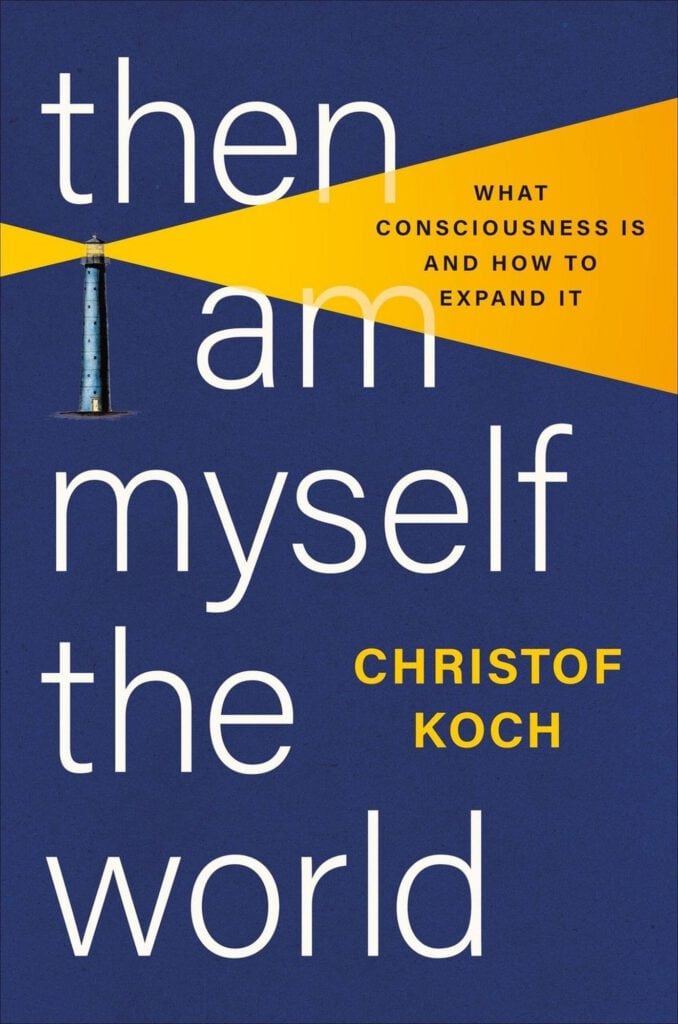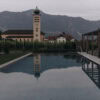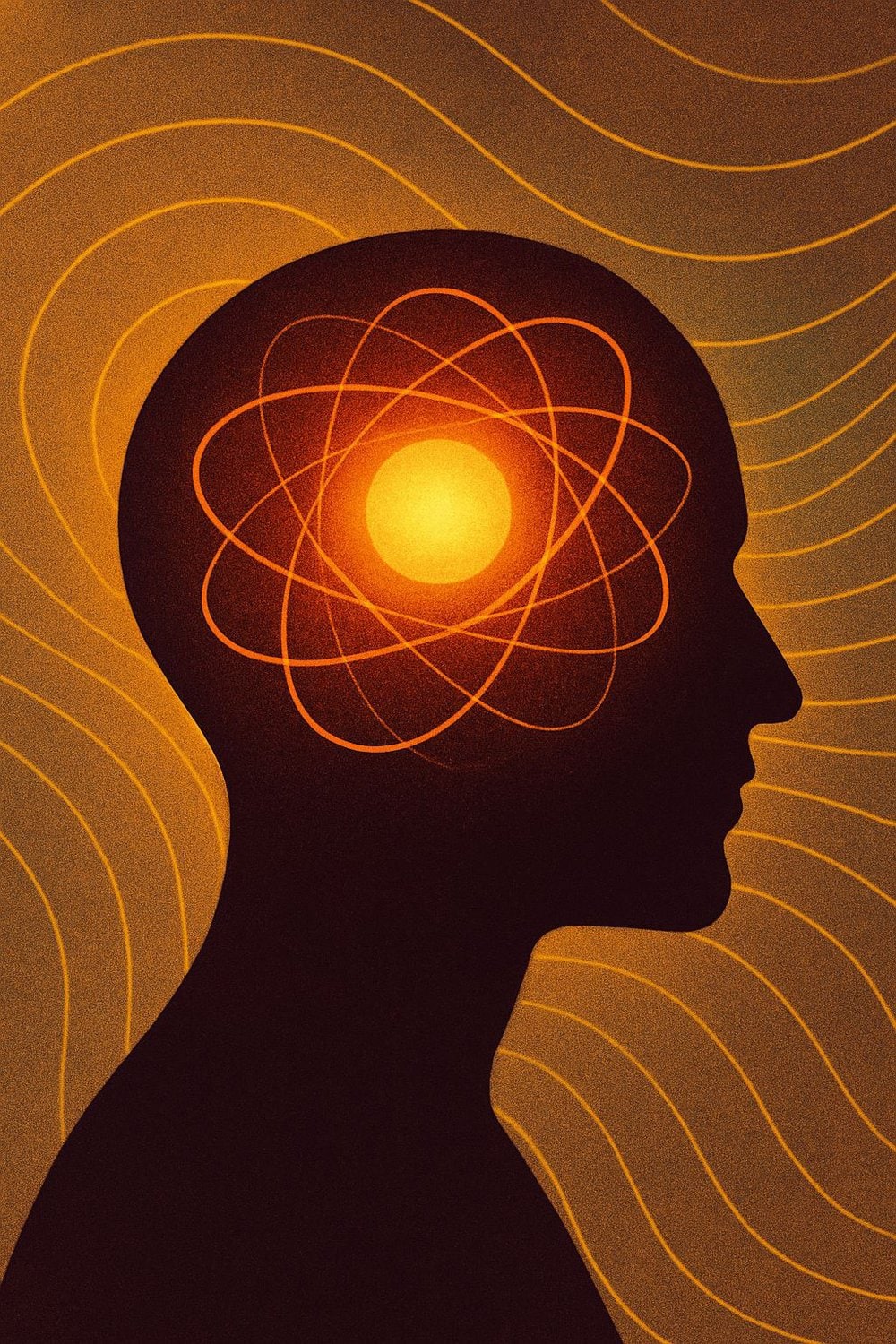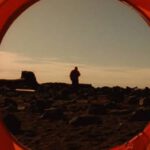Ein Neurowissenschaftler zeigt, wie subjektives Erleben im Gehirn entsteht – und warum Bewusstsein mehr ist als bloße Rechenleistung.
Christof Koch gehört zu den weltweit bekanntesten Forschern im Bereich Bewusstseinsforschung. Sein aktuelles Buch lädt dazu ein, das Rätsel des Erlebens neu zu betrachten – zwischen Biologie, Philosophie und persönlicher Reflexion.
Christof Koch ist Meritorious Investigator at the Allen Institute for Brain Science in Seattle und Chief Scientist der Tiny Blue Dot Foundation. Frühere exekutive Rollen am Allen Institute – unter anderem als Präsident und Chief Scientific Officer – hat er abgegeben, um sich wieder stärker der Forschung zu widmen.
Kochs zentrale Fragestellung lautet: Wie entstehen subjektive Erfahrungen – das Sehen von Farben, das Erleben von Freude oder Schmerz – aus neuronalen Prozessen? Seine Arbeit konzentriert sich auf die neuronalen Korrelate des Bewusstseins (NCC), also die minimalen Gehirnaktivitäten, die unmittelbar mit bewusster Wahrnehmung einhergehen.
zentrale Fragestellung lautet: Wie entstehen subjektive Erfahrungen – das Sehen von Farben, das Erleben von Freude oder Schmerz – aus neuronalen Prozessen? Seine Arbeit konzentriert sich auf die neuronalen Korrelate des Bewusstseins (NCC), also die minimalen Gehirnaktivitäten, die unmittelbar mit bewusster Wahrnehmung einhergehen.
Auch Nahtoderfahrungen, psychedelische Zustände oder mystische Erlebnisse nimmt Koch ernst – nicht als Beweis für Übersinnliches, sondern als wertvolle Daten für das Verständnis veränderter Bewusstseinszustände. Seine Haltung bleibt streng wissenschaftlich, gleichzeitig reflektiert er ethische und existenzielle Dimensionen: Welche Verantwortung tragen wir, wenn Bewusstsein weit verbreitet ist?
Book Recommendation
Empfohlenes Buch: Then I Am Myself the World: What Consciousness Is and How to Expand It (2024) von Christof Koch

Summary:
In diesem Werk fasst Koch Jahrzehnte der Forschung zusammen und entwickelt eine zeitgemäße Theorie des Bewusstseins. Er untersucht, wie subjektive Erfahrung entsteht, wann sie sich im Gehirn ausprägt und weshalb sie nicht einfach berechnet werden kann. Themen wie Nahtod, Mystik, Psychedelika oder auch künstliche Intelligenz werden aufgegriffen und in einen wissenschaftlichen Kontext gestellt. Persönliche Reflexionen machen das Buch zu einem Brückenschlag zwischen Forschung und Lebenserfahrung – ein Schlüsselwerk für alle, die Bewusstsein nicht nur denken, sondern verstehen wollen.








